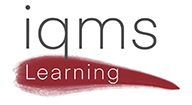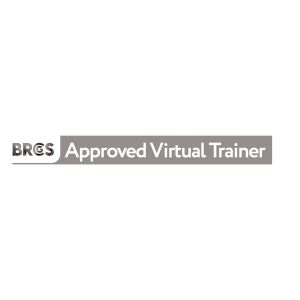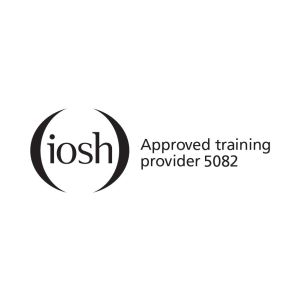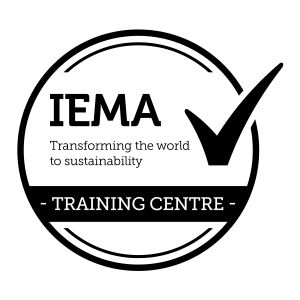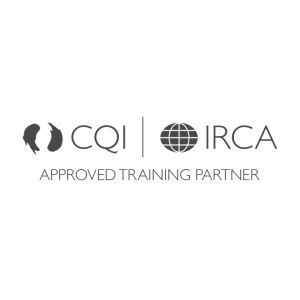
Assessing Internal OHS Auditor Competency
Clause 9.2.2. Internal Audit Programme in the ISO 45001 Occupational Health and Safety Management System Standard states that “The organization shall select auditors and conduct audits to ensure objectivity and impartiality of the audit process” and at the bottom of this clause is a note stating “For more information on auditing and the competence of auditors, see ISO 19011”.
Some people in charge of internal audits seem not to think of what makes a competent auditor, perhaps expecting those people tasked with carrying out internal OHS audits to be able to understand what they should be doing with little or no information. Do they really assess competency of their internal OHS auditors or do they just expect their staff to be able to audit without any underpinning and relevant knowledge and skills?
Your certification body auditors, and/or customer auditors are trained professional auditors and will ask some challenging questions as to how you’ve determined the competency of your OHS internal auditors. What training have they received? How do you ensure they understand enough of the standard to interpret and be able to relate to your OHS management system? Are they able to apply auditing techniques to ask the relevant questions necessary, do they understand and can they follow audit trails? Do your auditors feel confident enough to ask questions on OHS and organisational risks and opportunities?
So how can an organisation identify whether its auditors are competent or need some help?
Are you and your senior management team satisfied with your audit programme outcomes? What is the value of the audits you do and are you getting information out of your audits to help drive your improvement programmes or are you just ticking a box for the ISO 45001 standard? Are audit reports valued by the managers who receive them? Do they ever complain about the audits themselves? Are you always having to explain the findings yourself and persuade managers to action them after long and protracted discussions over whether there is a nonconformity or not? Are your audits picking up new risks and opportunities for your organisation? Would you feel confident enough in the quality of your reports to feel that they could be given to others outside your organisation such as your customers? Are your auditors confident in what they are doing or have they expressed some concern over “not doing the audit right”?
If any of these questions ring true to you, then perhaps you do need to be focussing on the competency of your audit team. Training your auditors will ensure they are equipped to deliver value to the organisation and to provide a quality audit programme.
At iqms Learning our passion is to train and develop auditors from those just starting out, to becoming an auditor as a career option or for discipline specific professional wanting to fully understand and manage an effective and efficient audit programme for their organisation.
